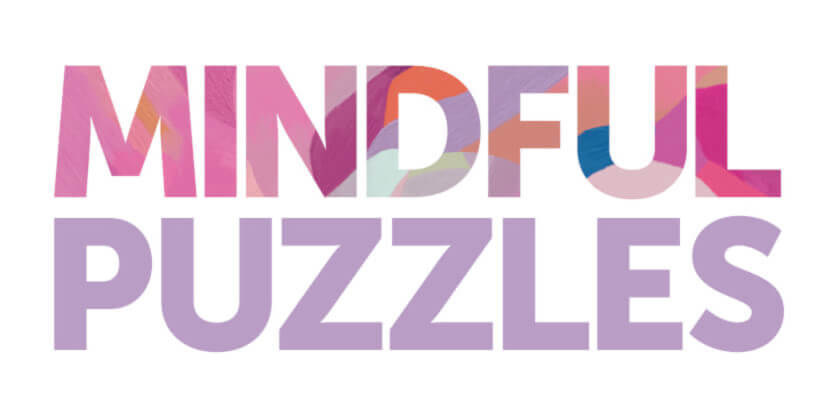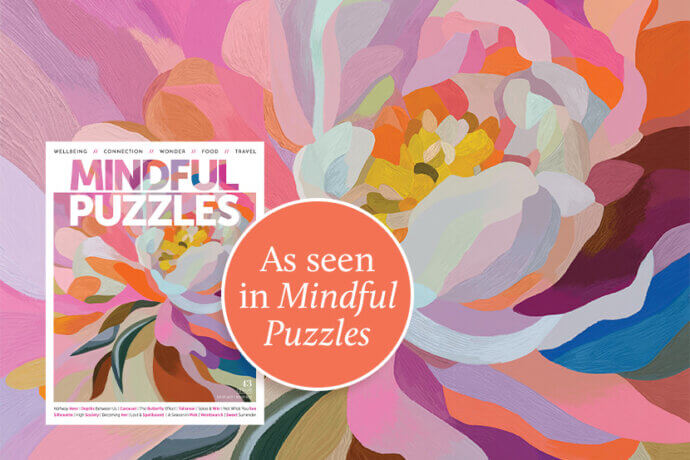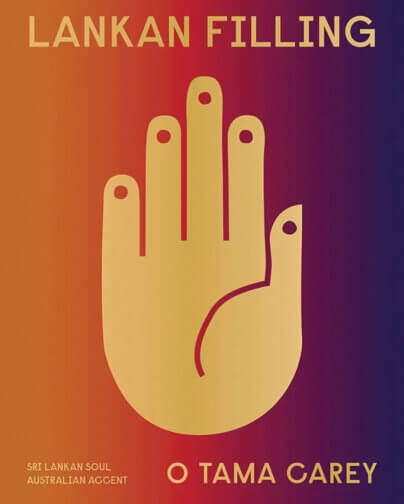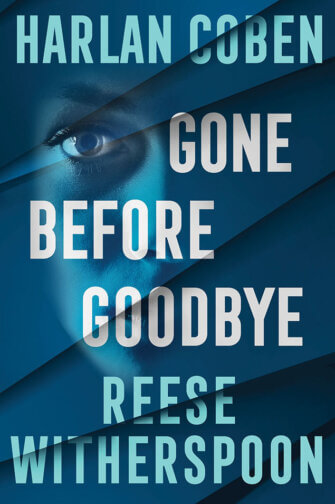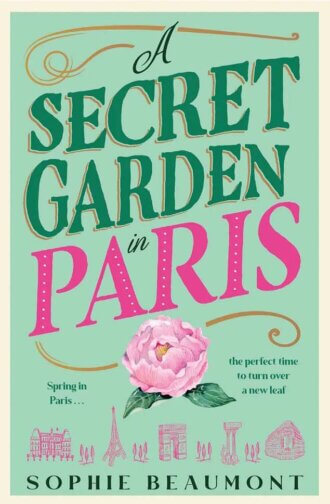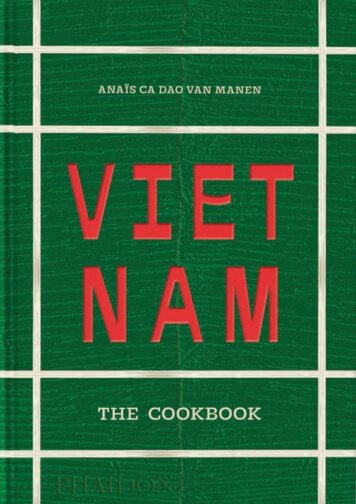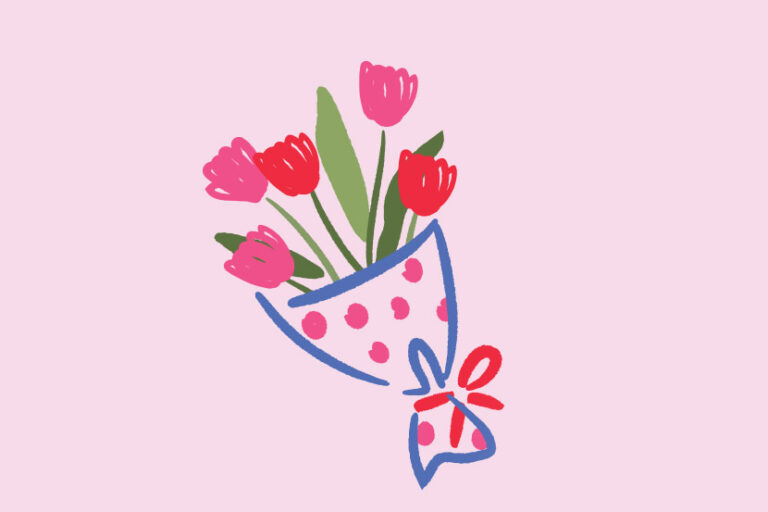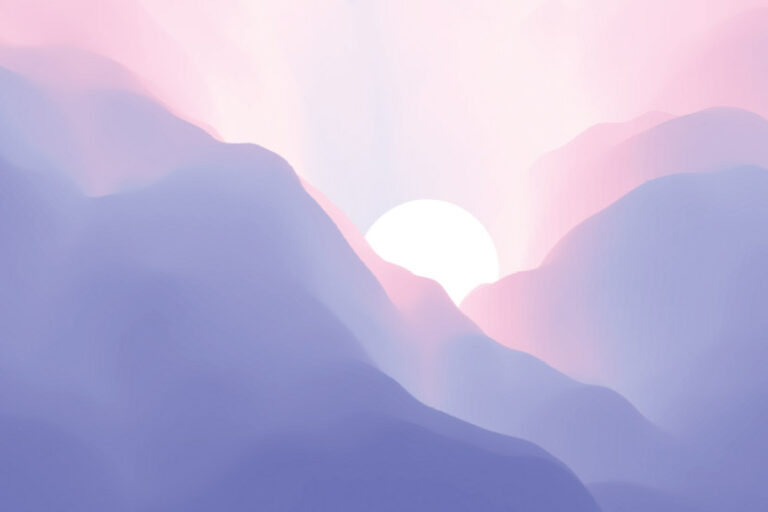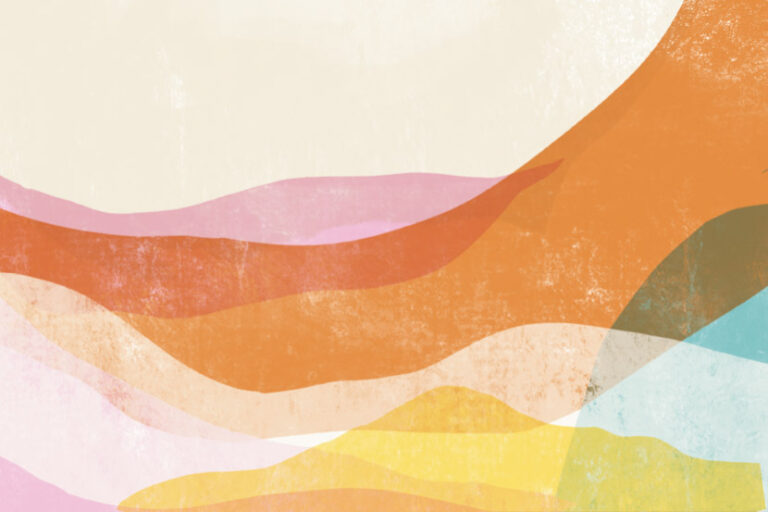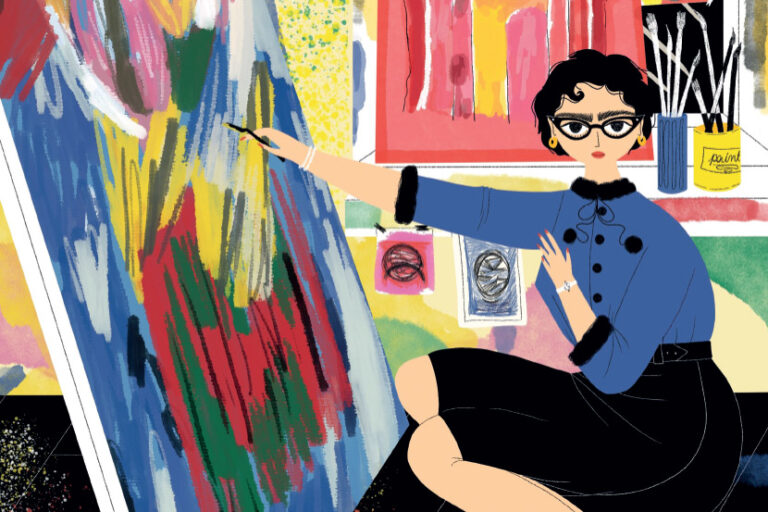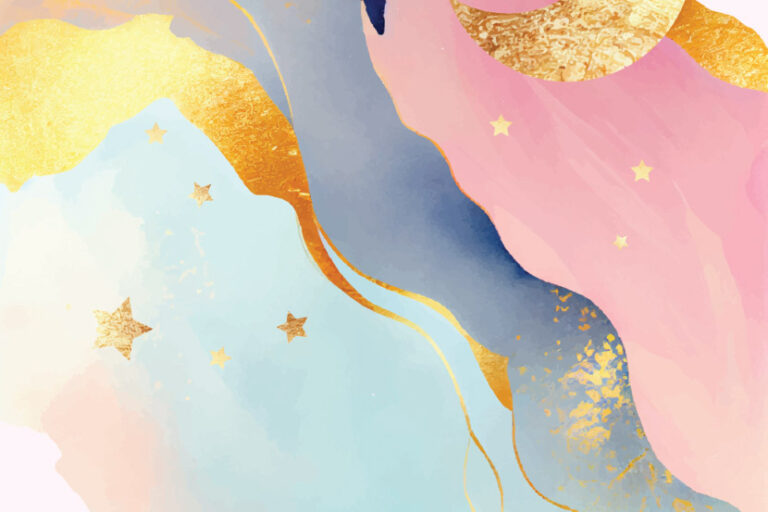
Humans have been sharing stories since the dawn of time. While there is no firm evidence of storytelling before the advent of writing, it’s safe to assume that stories have been central to human society and culture for thousands of years; prehistoric cave paintings discovered in sites across the globe show us that the sharing of stories crosses cultural and geographical divides. With the arrival of the written word, the ability to tell and share stories only grew more prolific. Take the Epic of Gilgamesh for example: considered the oldest surviving work of great literature, engraved on ancient Babylonian tablets 4,000 years ago. Later iterations of the epic can be found in different works over the next millennium, attesting to its enormous popularity, relatability, and the enjoyment of sharing the tale.
The way we engage with and share stories and our thoughts on stories has evolved along with us, with modern technology particularly playing a role in making it easier than ever to connect with like-minded people to gab over new fictions and ideas. Literary festivals – or writers’ festivals – are a relatively recent example of a formally structured space in which readers and writers can come together to share stories. There has been a proliferation of literary festivals in recent decades, with more than 450 held annually in Australia and the United Kingdom alone, not to mention those that occur in the US and other countries worldwide.
At their heart, literary festivals bring together diverse writers and thinkers – both homegrown and international – to discuss the pressing issues of the day. From novelists, poets, podcasters, and journalists to public intellectuals, economists, politicians and scientists, literary festivals have something to offer the most consummate of bookworms.
The impact of writers festivals
Kelly, a writer and poet from the Central Coast of New South Wales, says that literary festivals, for her, are really festivals of ideas. “They stimulate thought and inspire me to write, too. I love to hear writers talking about their craft, and feeling part of the community, seeing that others share the same challenges and joys, is an excellent mode of encouragement.”
The first time I attended the Newcastle Writers’ Festival, I remember being impressed by the feeling of community and togetherness that the event engendered, despite, or perhaps because of, the wide variety of opinions and ideas that were being shared. It wasn’t that all the audience members had the same thoughts or preferences, quite the opposite: what brought everyone together, really, was their passion for the written word.
At one session, called “When The Personal Becomes Political”, an audience member stood up during question time and asked a question that ran quite counter to the opinions that had been shared by the panel on stage. It was a polite question, and there was no offence intended or hurt feelings created (I hope!), but it showed me what events like this were about: engaging with big topics through the medium of sharing stories and creating a space where these topics can be discussed.
The purpose of writers festivals
The boundary between reader and writer can become pleasantly blurry at literary festivals, depending on the willingness of the writers to engage. Readers can connect with their favourite authors to ask questions about style choices, plot holes, and even perceived character assassinations; if I had a dollar for every time I’ve heard an audience member start question time with “But how could you do that?!” I’d be a wealthy woman! It’s perhaps a niche version of being starstruck but lining up to have a chat with my favourite authors, no matter how brief, after their festival panels has got to be up there with my top things to do, and the signed copies of their books among my most treasured possessions.
During one such session during the 2022 Words on the Waves festival with Luke Davies, I sheepishly presented him my much-loved and very battered copy of his novel Candy, first published in 1997, for signing. He very good-naturedly brushed away my apology for the state my book was in and expressed instead excitement for the way it had so obviously been well-read and shared.
While some readers might shy away from engaging in chats with authors about what lies beneath their favourite fictions, I’ve always found it gives the stories more depth when I understand just what drove the writer to the act of creation.
The benefits of storytelling
As any bookworm would attest, storytelling is not just entertainment. It’s a fundamental part of being human that helps us to know ourselves and others, to forge connections and create communities, and to gain a deeper understanding of other experiences and perspectives. There has been a plethora of anthropological and scientific studies on the effect of storytelling on the human brain, with one such study out of the University College of London suggesting that storytelling can make us more empathetic, compassionate, and engender community-wide cooperation and compromise. When I think back to that first visit to the Newcastle Writers’ Festival, and the audience member who shared their quite contrary thoughts in question time, I am reminded of this. While I didn’t agree with what they said, and privately thought they had missed much of the point of the discussion, I appreciated their tenacity and their desire to engage with the matter at hand anyway.
How to find one near you
A brief Google search offers up results for literary festivals held in most capital cities around the world, as well as a growing number being held in rural and regional centres, often at little to no cost to participants. I find this particularly exciting because it allows for literary festivals to continue to evolve into accessible spaces for all bookworms – regardless of socioeconomic or geographical barriers. Whether you’re a writer, reader, ideas-sharer, or a combination of all three, there’s a literary festival for you.
Dip into some sessions and let yourself be enamoured by the power of storytelling – and story sharing – once again.
Festivals in Australia
Literary festivals big and small take place in almost every corner of Australia & New Zealand (not to mention the world!).
‘Here’s a list of some festivals coming up, but a quick Google search will no doubt find one in your local area.
- Melbourne Writers Festival, VIC ~ 4-7 May
- Brisbane Writers Festival, QLD ~ 10-14 May
- Sydney Writers’ Festival, NSW ~ 22-28 May
- Words on the Waves, NSW ~ 31 May – 5 June
- Capricorn Coast Writers Festival, QLD ~ 2-4 June
- Winterwords, VIC ~ 21-25 June
WORDS: Nicole Kennedy
This article was originally published in Issue 32 – Storytellers Assemble. You can purchase this issue and enjoy more enchanting content here.
